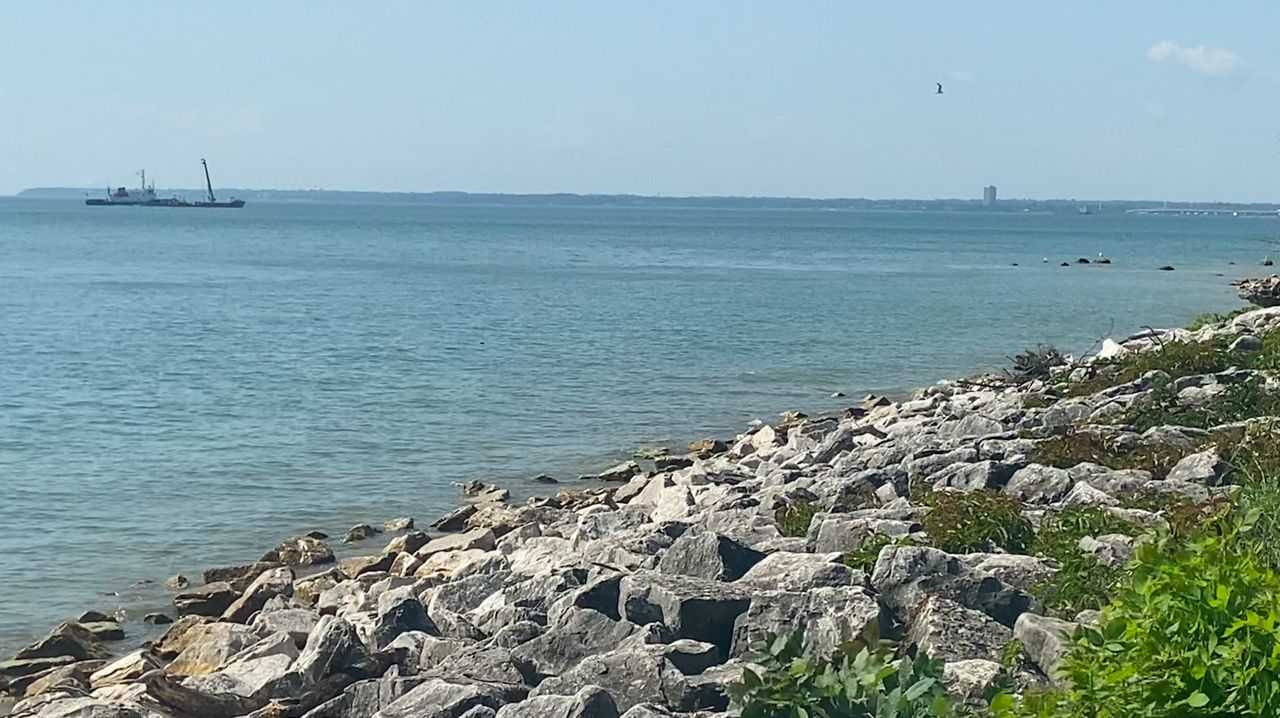WAUKESHA, Wis. — Officials in a Milwaukee suburb have pushed plans to withdraw water from Lake Michigan back to early October, saying they need more time to clean out reservoirs and address problems with their pumps.
City officials in Waukesha had planned to begin pulling millions of gallons per day from the lake to serve as the city's public water supply in mid-September, possibly as early as this week. But Dan Duchniak, general manager of the Waukesha Water Utility, said in a statement Thursday that withdrawals won't begin until Oct. 9.
He said that city officials have decided to empty and refill their reservoirs to minimize any taste or odor problems during the transition to lake water. They've also encountered programming issues with new pumps and the manufacturer needs time to get people to Waukesha to correct them.
The city asked regulators in 2010 for permission to withdraw Lake Michigan water because its wells are contaminated with radium. The city is under a court order to find a solution.
The city will siphon lake water from the City of Milwaukee, which is currently using Lake Michigan water. About 6 million gallons per day will move between the two cities initially, Duchniak said. Water users on Waukesha's East Side will be the first to get lake water, he said. It may take three to four weeks for lake water to get to customers on the city's outskirts, he said.
Users may see discolored water for several days, he said, but the water will still be drinkable. Customers should avoid using discolored water when doing laundry until the water runs clear, he said.
The city asked regulators in 2010 for permission to withdraw Lake Michigan water because its wells are contaminated with radium. The city is under a court order to find a solution.
A compact between the Great Lakes states and the Canadian provinces of Quebec and Ontario generally prohibits diversions of water outside the Great Lakes basin but makes exceptions for communities in counties that straddle the basin’s boundaries. Waukesha County fits that exception. The city won final approval for the diversion in 2021.
The city could end up diverting up to 8.2 million gallons of lake water per day. The city plans to return treated wastewater to the lake via the Root River. Wisconsin regulators have said the lake should see only a minimal net water loss.



